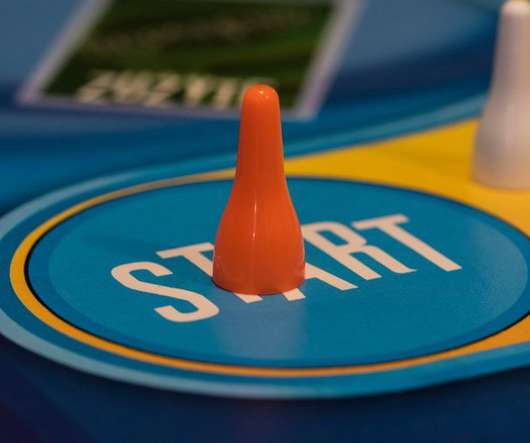PKM is our part of the social learning contract
Jane Hart
APRIL 24, 2012
Whereas most people are concerning themselves with the new social and collaboration technologies, or how to get people to collaborate, for me the key to successful social learning is how the individual engages in his/her networks and contributes what s/he has learned or is learning along the way.


































Let's personalize your content